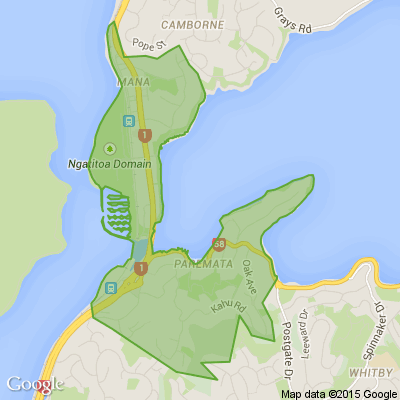Life Education Trust
Our club has had a long and splendid relationship with the Life Education Trust, which was set up to add vital extra components to the standard school curriculum. Life Ed’s educators visit schools and lead children to a better understanding of health and wellbeing issues, so they can make healthy choices as they progress.
Two ebullient educators spoke to the club last evening: Marsha Chiet, who looks after schools in our area, and Rachel McKinnon, who covers Wellington. Rachel was inducted into our club last week. And Harold came too.
Both are experienced primary teachers and relish their work with Life Ed.
Life Ed covers a range of topics outside the scope of primary school teachers because they are too specialised, are constantly changing, or perhaps, are better delivered by visiting rather than classroom staff.
Examples are water safety, nutrition, pubertal change, and ‘substances’.
Increasingly, new issues are arising, mostly driven by technology and the internet. Peer pressure and low self-esteem can lead to mental health problems. Children can access dubious sources of information as well as gaming platforms and violent content. Life Ed helps to guide them through these modern minefields.
Life Ed is clearly doing a good job: they are fully booked and welcomed into schools by staff and children alike.
It was good to be updated on the work of the Trust, and to see that in the classroom things are in good hands.
Best way to use leftovers?
I'm sure you've got some excess ham at home or cold roast potatoes.
What are some of your favourite ways to use leftover food from Christmas day? Share below.

⚠️ DOGS DIE IN HOT CARS. If you love them, don't leave them. ⚠️
It's a message we share time and time again, and this year, we're calling on you to help us spread that message further.
Did you know that calls to SPCA about dogs left inside hot cars made up a whopping 11% of all welfare calls last summer? This is a completely preventable issue, and one which is causing hundreds of dogs (often loved pets) to suffer.
Here are some quick facts to share with the dog owners in your life:
👉 The temperature inside a car can heat to over 50°C in less than 15 minutes.
👉 Parking in the shade and cracking windows does little to help on a warm day. Dogs rely on panting to keep cool, which they can't do in a hot car.
👉 This puts dogs at a high risk of heatstroke - a serious condition for dogs, with a mortality rate between 39%-50%.
👉 It is an offence under the Animal Welfare Act to leave a dog in a hot vehicle if they are showing signs of heat stress. You can be fined, and prosecuted.
SPCA has created downloadable resources to help you spread the message even further. Posters, a flyer, and a social media tile can be downloaded from our website here: www.spca.nz...
We encourage you to use these - and ask your local businesses to display the posters if they can. Flyers can be kept in your car and handed out as needed.
This is a community problem, and one we cannot solve alone. Help us to prevent more tragedies this summer by sharing this post.
On behalf of the animals - thank you ❤️











 Loading…
Loading…